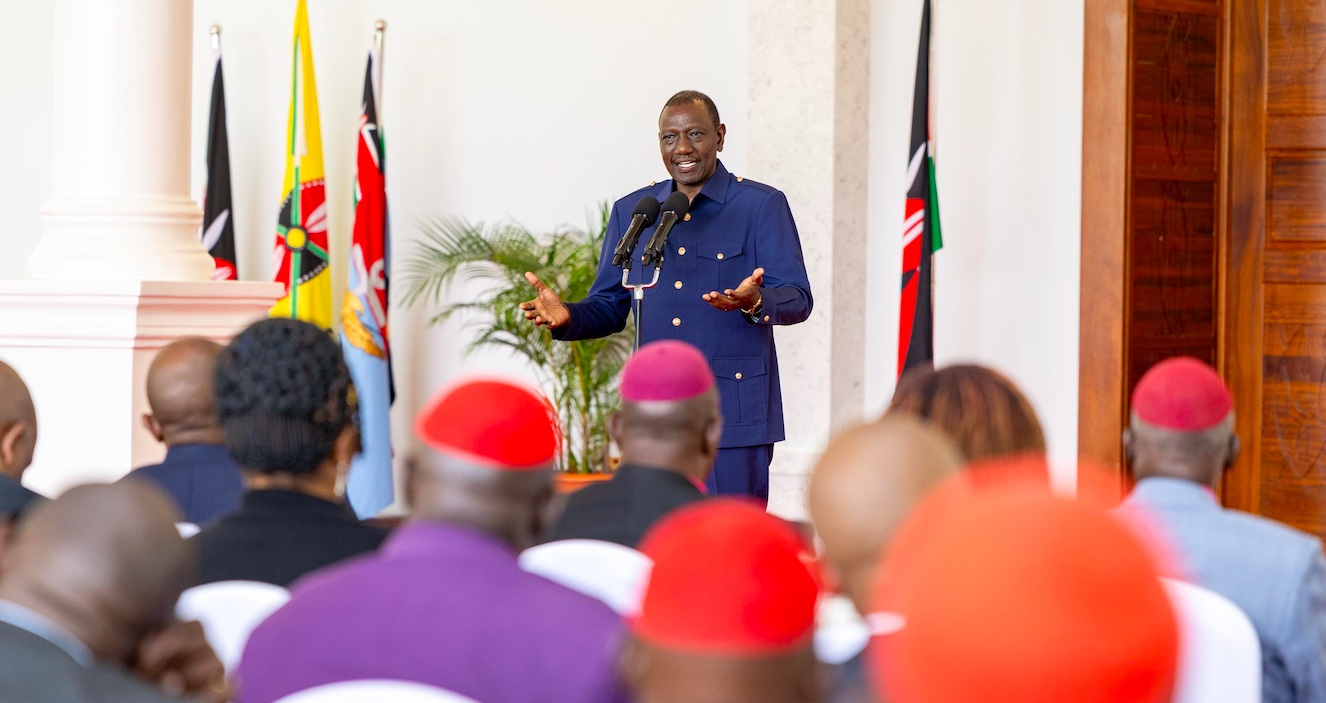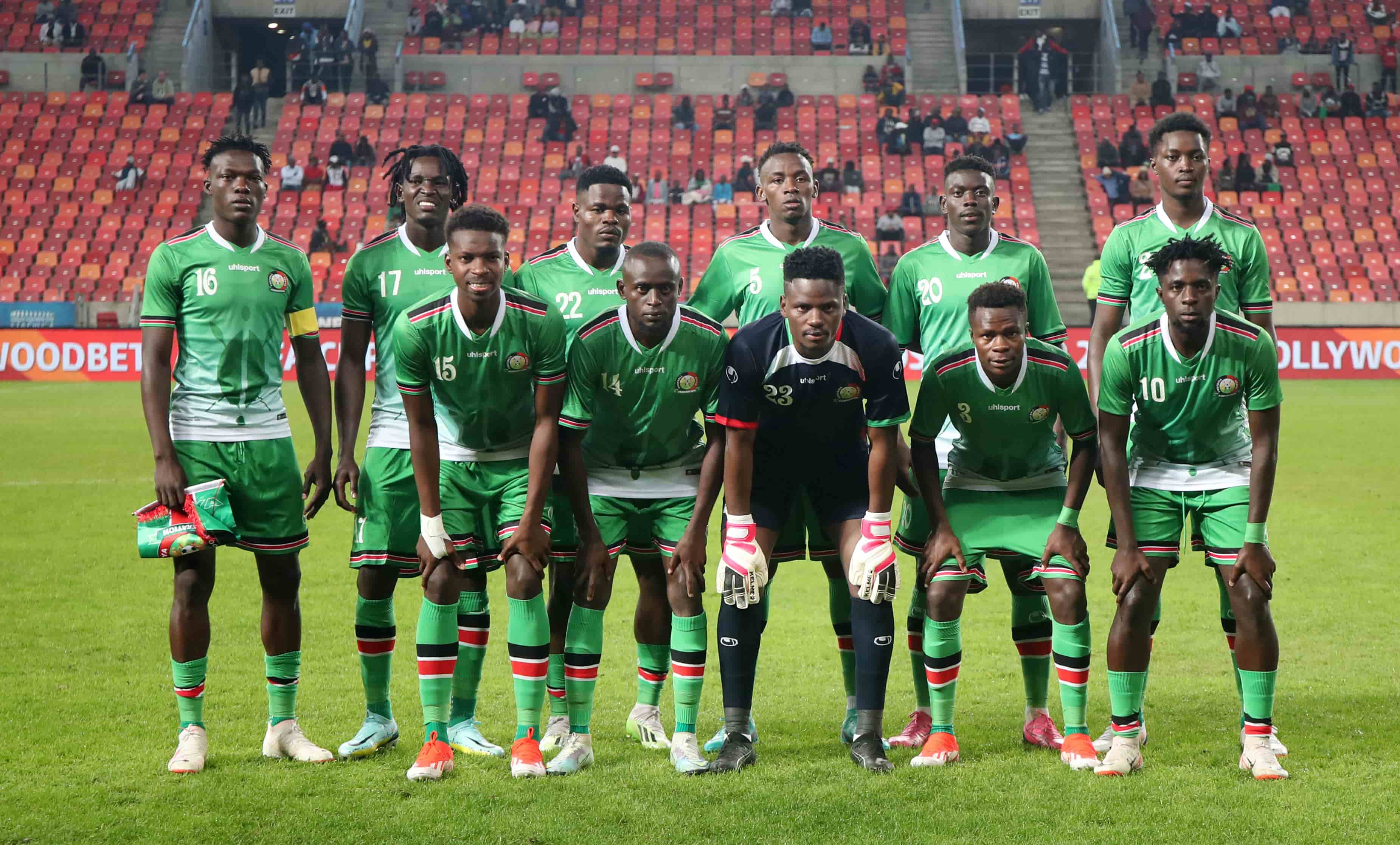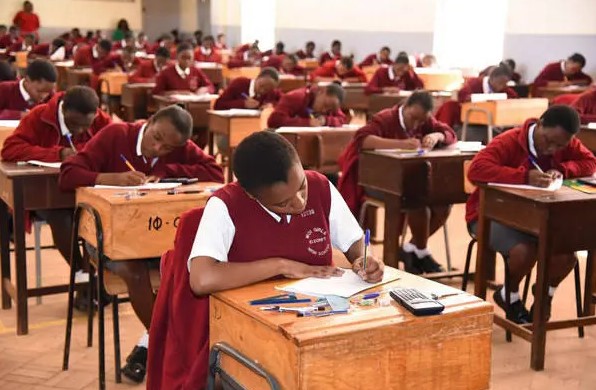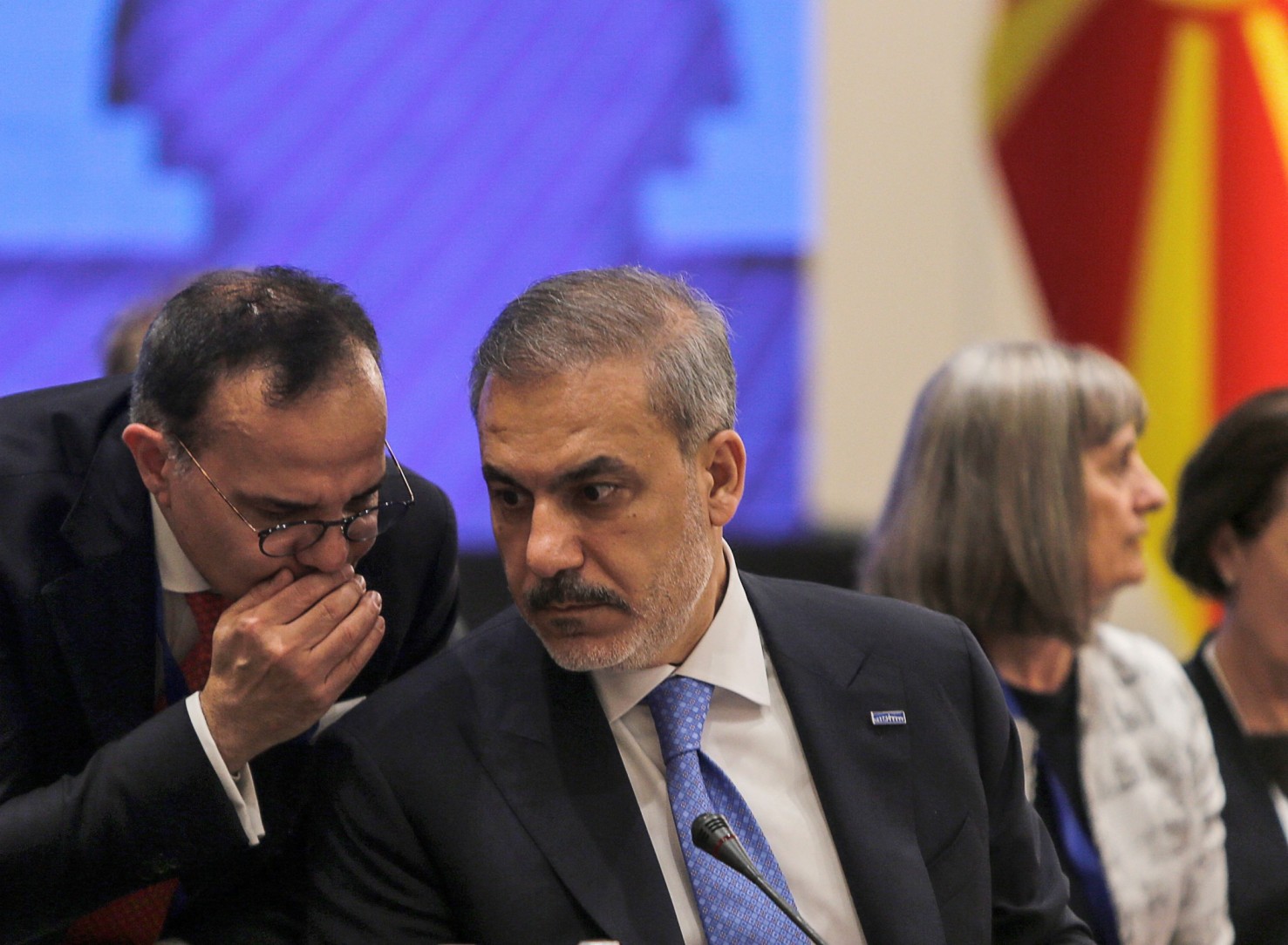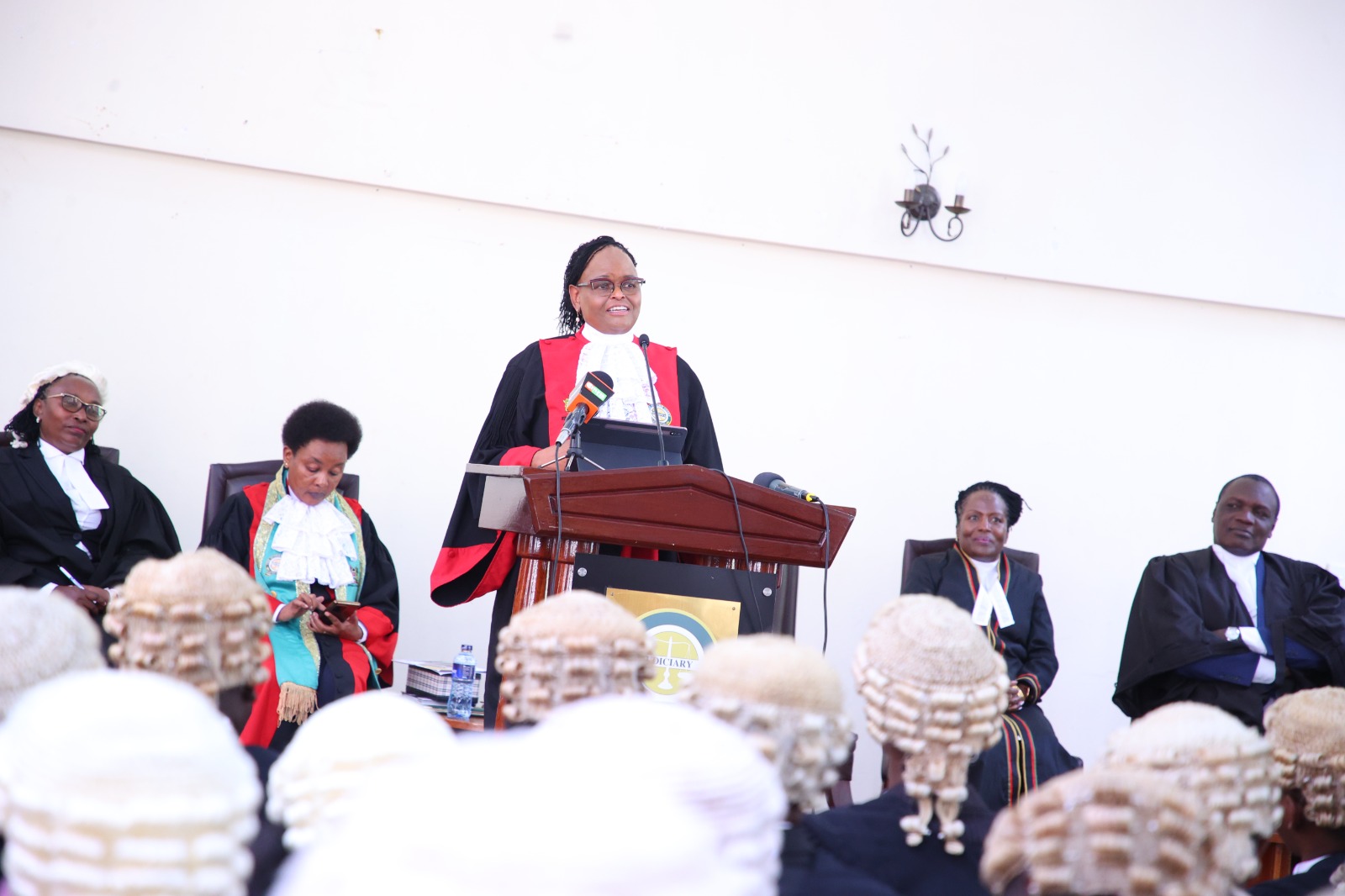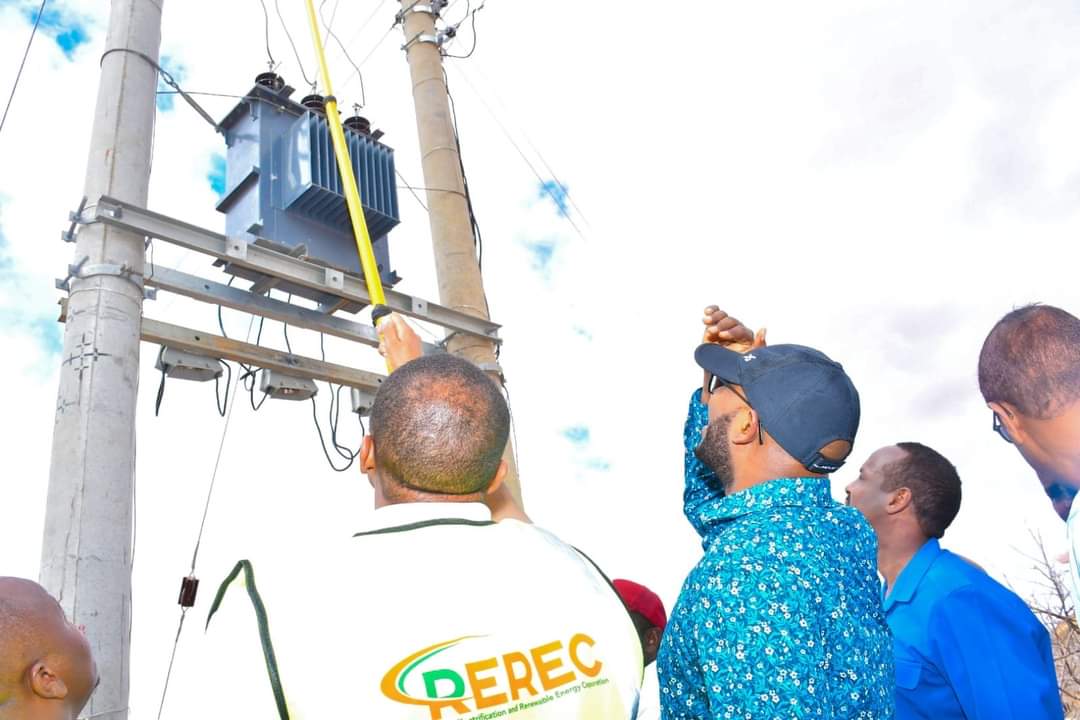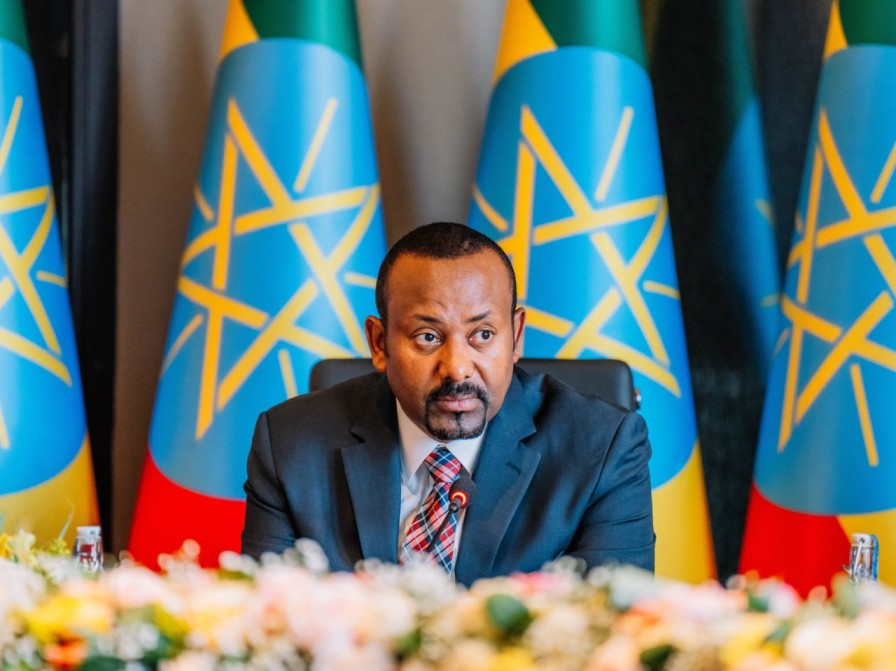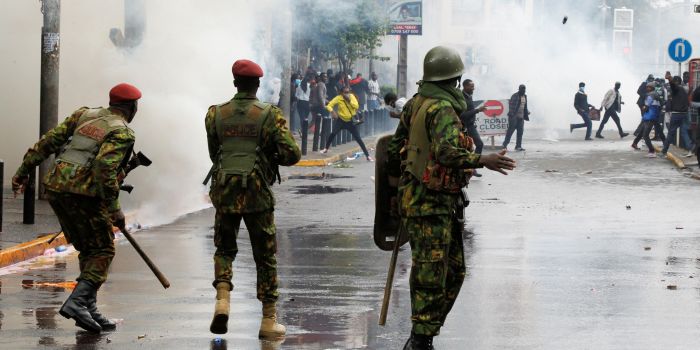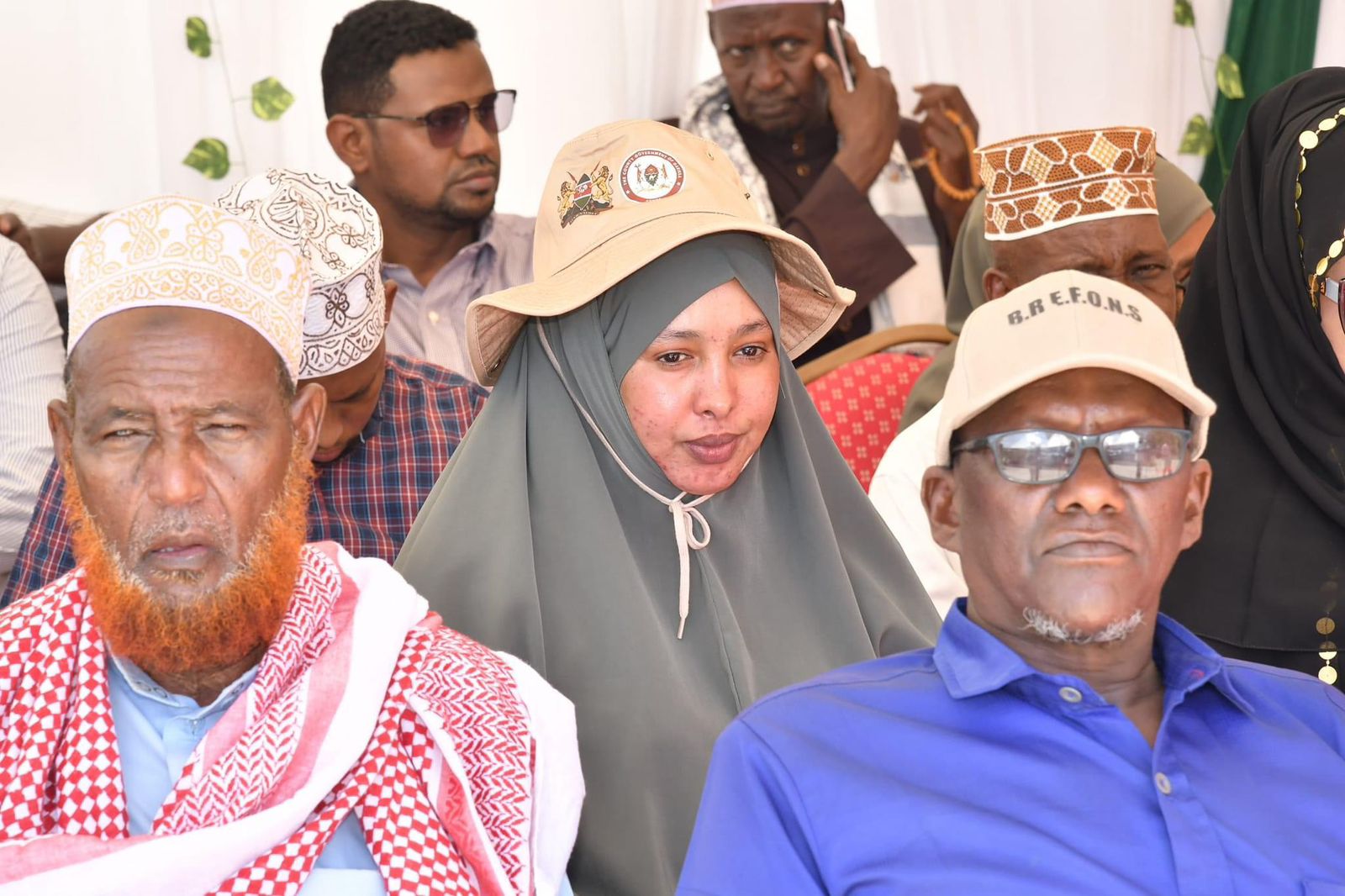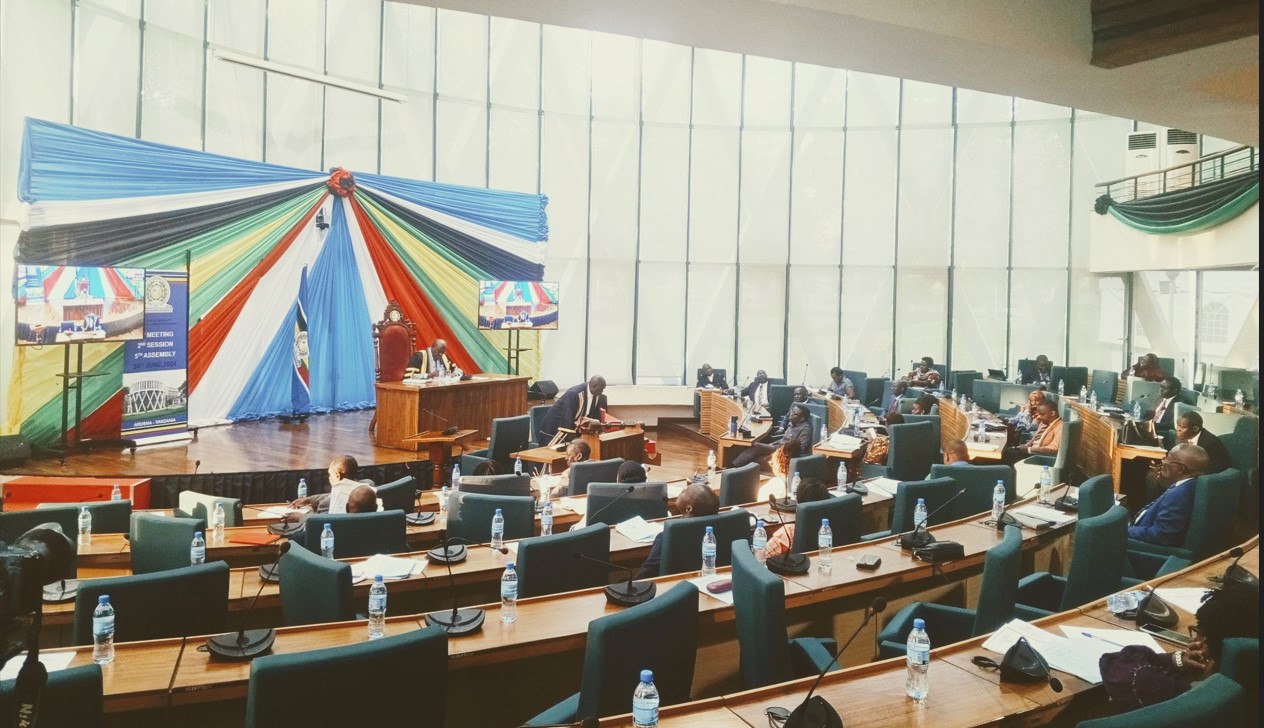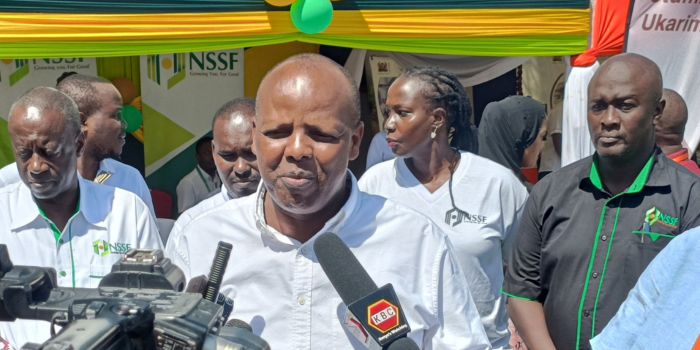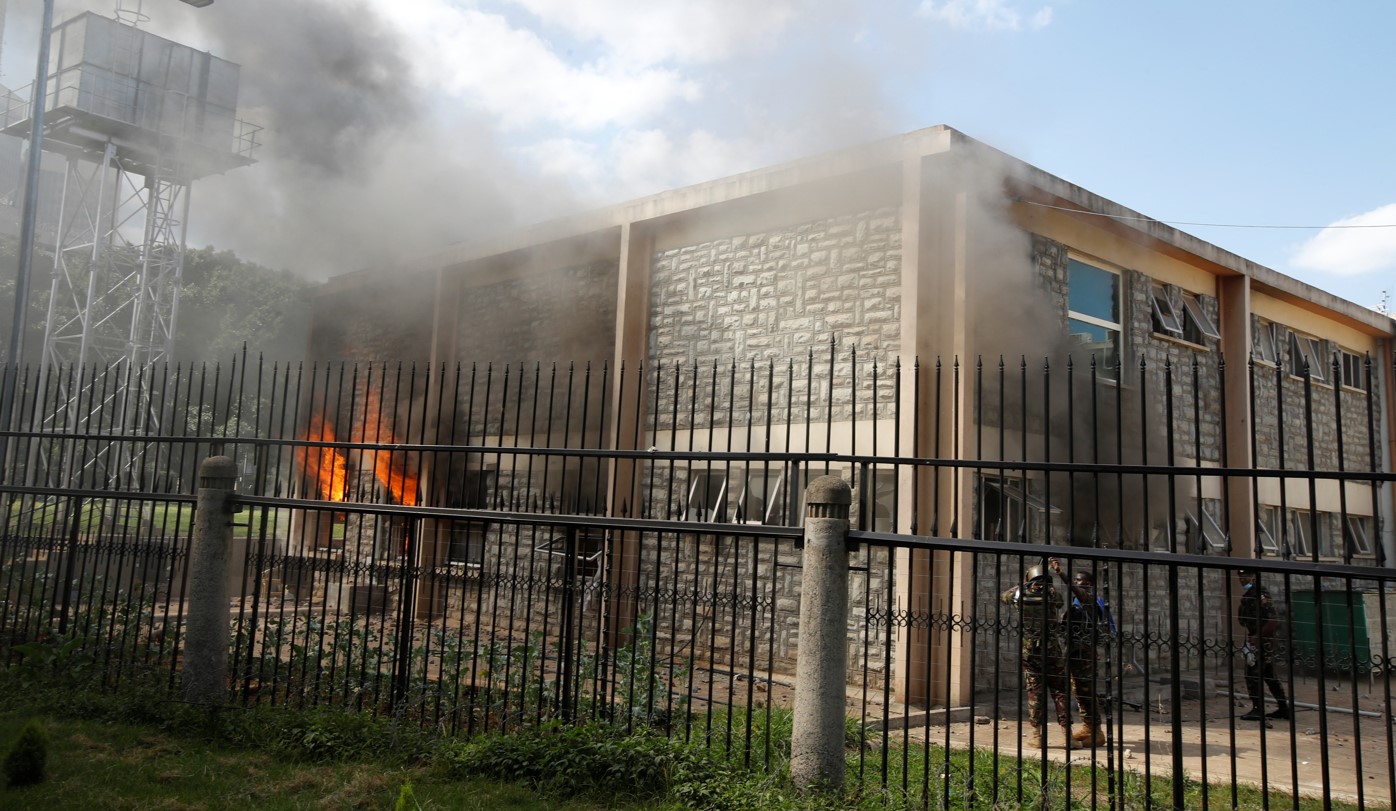Explainer: What's next after Kenya withdraws finance bill amid protests?
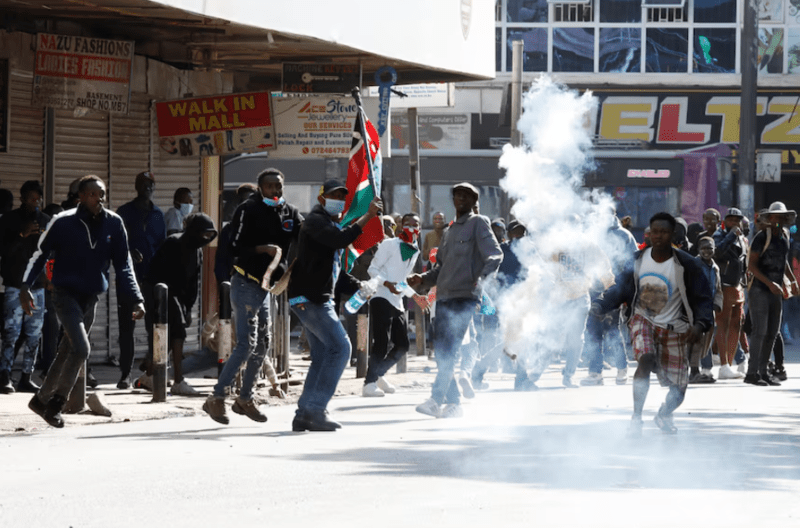
By Reuters |
Ruto has been caught between the competing demands of lenders such as the International Monetary Fund, which is urging the government to cut deficits to obtain more funding and a hard-pressed population.
Protesters took to the streets again in cities across Kenya on Thursday, many calling for President William Ruto to resign, even after he bowed to their demands to withdraw a tax hike bill.
Below are some details about those tax proposals, what economic problems they were meant to fix and what the government is planning to do next:
Keep reading
What was the Finance Bill?
A finance bill is usually presented to parliament before the start of a financial year that runs from July to June, laying out the government's fiscal plans.
In the 2024/25 bill, the Kenyan government wanted to raise Sh2.9 trillion in additional taxes to reduce the budget deficit and borrowing. Kenya's public debt stands at 68% of GDP, higher than the 55% of GDP recommended by the World Bank and the International Monetary Fund.
Ruto has been caught between the competing demands of lenders such as the International Monetary Fund, which is urging the government to cut deficits to obtain more funding and a hard-pressed population.
On Wednesday, he withdrew the bill, bowing to pressure from the protesters who had argued the measures would choke the economy and raise the cost of living for people already struggling to make ends meet.
What were the proposed tax measures?
The proposed measures that triggered a week of protests and some violent confrontations included new levies on basic commodities such as bread, vegetable oil and sugar and a new motor vehicle circulation tax - pegged at 2.5% of the value of a car to be paid annually.
An "eco levy" on most manufactured goods had also been on the cards, though sanitary towels and diapers had been exempted in earlier adjustment, among other last-minute concessions, before the whole bill was pulled.
The bill had proposed increasing existing taxes on financial transactions.
The government said the tax measures were necessary to fund development programmes and cut public debt.
What's next for the bill and budget deficit?
Ruto said on Wednesday he will not sign the finance bill into law.
It was returned to parliament with the recommendation that all its clauses be deleted, Ruto wrote in a document addressed to the speaker of the national assembly.
To help tackle the fiscal deficit, Ruto said the government will now work on austerity measures - beginning with cuts to the presidency's own budget and focusing on operational expenditures including travel, vehicle purchases and renovations.
"There is obviously scope for austerity because the argument was that the taxes were being asked for but the view from the public was that there was wastage and unnecessary spending," said Eric Musau, executive director for research and sustainable finance at Standard Investment Bank. "The issue is which areas are going to be affected."
Musau said the government could also borrow more than initially planned.
"Obviously if they keep borrowing that is going to be a big challenge, so austerity becomes an important element and for them to really push on quite quickly," he said.
S&P Global Ratings said on Thursday that Kenya was unlikely to achieve its fiscal targets after the planned tax hikes were withdrawn.
The finance ministry said last week, before the bill was withdrawn, that concessions on tax hikes would blow a 200 billion Kenyan shilling ($1.55 billion) hole in the 2024/25 budget and necessitate spending cuts.
What's next for the protests?
Ruto has pledged to start a dialogue with Kenyan youth, but he was yet to provide more details.
Despite the scrapping of the bill, some protesters on Thursday called for Ruto's resignation.
Messages on social media, however, suggested people were divided on how far to go with the demonstrations. There is no recognised figurehead leading the protests and crowd has responded to banners, slogans and calls on X and other outlets.
"The administration needs to move quickly and develop a roadmap that addresses the issues that the young people are facing, and the concerns that were raised," Musau said, pointing to issues such as corruption and unemployment.




